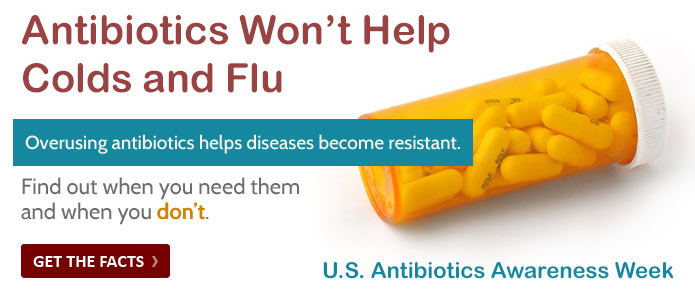What is colorectal cancer?
- Colorectal cancer is cancer that develops in the colon or rectum.
- It is the second leading cause of cancer-related deaths in the United States.
- Discovering colorectal cancer early is important. Screening can detect cases of colorectal cancer and reduce the number of deaths from the disease.
What are our chances of finding colorectal cancer early?
- If everyone older than 45 had regular colorectal cancer screening tests, more than one third of deaths from this cancer could be avoided.
- More than 60% of adults over 45 have not been screened for colon cancer.
What are some symptoms of colorectal cancer?
- Blood in or on your stool.
- Unexplained change in bowel habits, or very narrow stools.
- Unusual abdominal pain or feeling of excess gas.
- Unexplained chronic fatigue or weight loss.
Does colorectal cancer always start with these symptoms?
- No. People who have polyps or colorectal cancer sometimes have no symptoms, especially at first.
- You could have polyps or colorectal cancer and not know it. Screening can detect these, though.
What are the options for screening?
Different types of screening tests reduce deaths from CRC. These tests include:
- Stool tests
- Colonoscopy
- Flexible sigmoidoscopy
- Flexible sigmoidoscopy combined with stool testing
- Multi-targeted stool DNA testing
- CT colonography
How can I get a screening?
- Talk to your doctor about when you should begin screening and how often you should be tested.
- If you are over 45, you should be screened regularly for colorectal cancer.

